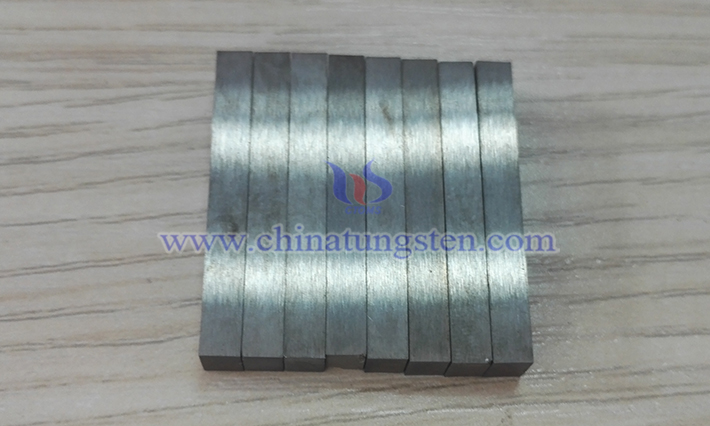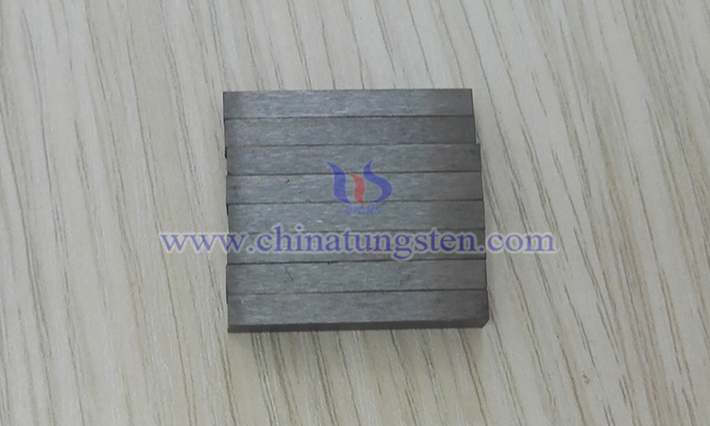Tungsten-Titanium-Cobalt Cemented Carbide
- Details
- Category: Tungsten's News
- Published on Monday, 04 August 2025 11:41
Based on differences in chemical composition and structural components, common cemented carbides can be classified into steel-bonded cemented carbide, tungsten-cobalt alloys, tungsten-titanium-tantalum-cobalt alloys, and tungsten-titanium-cobalt alloys, with the latter group sharing similar physicochemical properties and applications.

Tungsten-titanium-cobalt cemented carbide, also known as YT-class cemented carbide, is an alloy material composed of tungsten carbide (WC), titanium carbide (TiC), and metallic cobalt (Co), with the English name cemented titanium tungsten carbide. Typically, the alloy contains 4% to 10% Co, 5% to 30% TiC, with the balance being WC.
From the perspective of physicochemical properties, YT-class cemented carbide combines the characteristics of WC, TiC, and Co, primarily exhibiting a high melting point, high density, high hardness, excellent wear resistance, good red hardness, and strong oxidation resistance. It should be noted that, compared to tungsten-cobalt cemented carbides, its bending strength and thermal conductivity are relatively lower. Additionally, the specific properties of YT-class alloys are closely related to the raw material ratio and grain size: the alloy’s bending strength decreases as the TiC content increases; the hardness improves as the grain size of the carbides (WC and TiC) decreases.
In terms of production processes, the preparation of YT-class cemented carbide involves mixing composite carbides of WC-TiC (with a weight ratio of TiC to WC ranging from 30:70 to 40:60) with WC powder and Co powder, followed by steps such as batching, ball milling, drying, adding a forming agent, pressing, and sintering. The advantage of this production technique is that it can enhance the alloy’s bending strength without compromising its wear resistance, thereby addressing issues such as excessive wear and easy burning of alloy blades during use.

In terms of applications, tungsten-titanium-cobalt cemented carbide is used to produce cutting tools suitable for machining tough materials such as steel.
- Chinatungsten Online: www.chinatungsten.com
- CTIA GROUP LTD: en.ctia.group
- Tungsten News & Price: www.ctia.com.cn
- Molybdenum News & Price: news.molybdenum.com.cn
- Tel.: 86 592 5129696; Email: sales@chinatungsten.com